Origin Feats
Text about backgrounds that explains that each Faction has two background choices. For the wizards, its one that aligns with each of that Faction’s schools of magic. For the Unpinned each aligns with one of two ‘most interesting’ parts of their faction. For the New Faith it’s w/e is clever.
Each Origin Feat is one of the 2024 player handook Origin Feat with an extra effect. This way, whatever build you want to explore you are not limited by having to choose between an in world Origin Feat and a DnD 2024 Origin Feat.
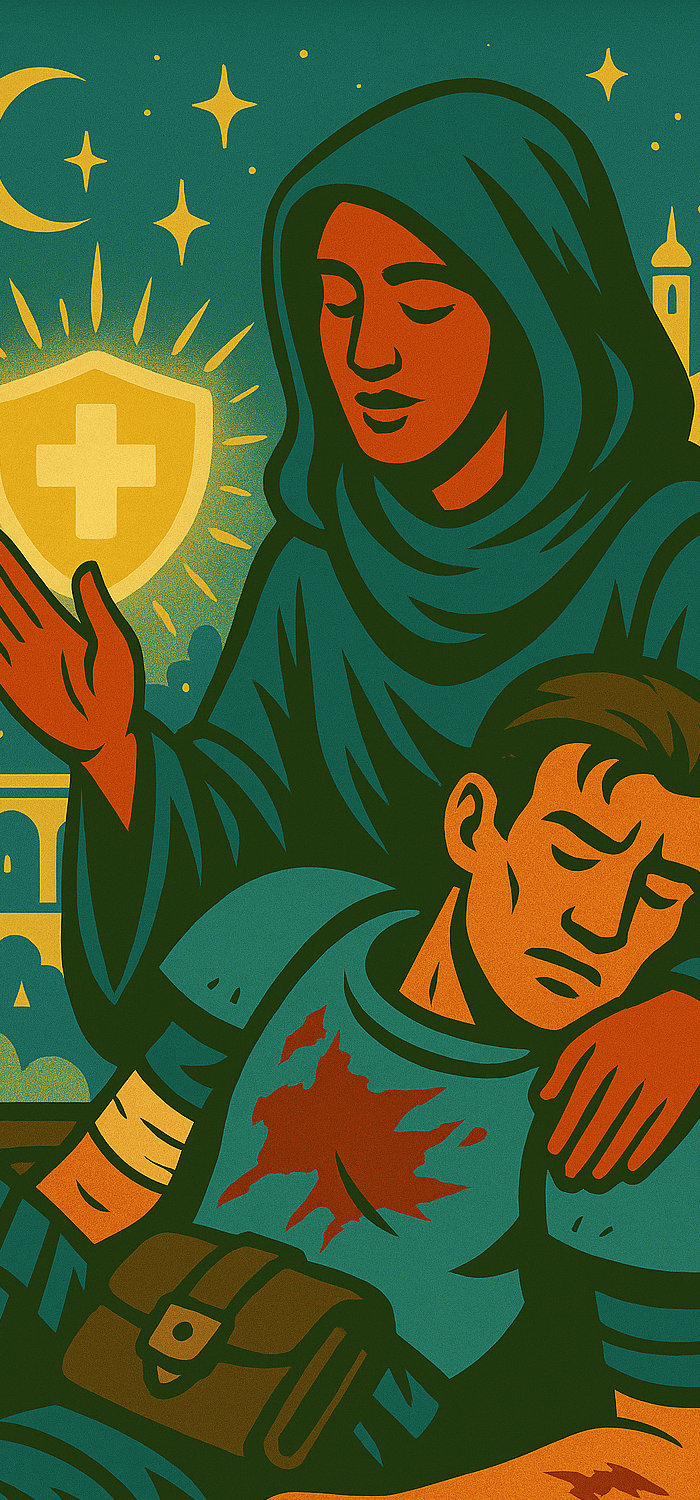
Healer (+)
Abjuration
Battle Medic: If you have a Healer’s Kit, you can expend one use of it and tend to a creature within 5 feet of yourself as a Utilize action. That creature can expend one of its Hit Point Dice, and you then roll that die. The creature regains a number of Hit Points equal to the roll plus your Proficiency Bonus.
Healing Rerolls: Whenever you roll a die to determine the number of Hit Points you restore with a spell or with this feat’s Battle Medic benefit, you can reroll the die if it rolls a 1, and you must use the new roll.
Empowered Mobile Hospice: You learn the Shield Spell. It is always prepared. Once per day, when you use this feats Battle Medic feature, you may cast the Shield spell on either yourself or the person you are healing without spending a spell slot or a reaction.

Alert (+)
Evocation
Initiative Proficiency: When you roll Initiative, you can add your Proficiency Bonus to the roll.
Initiative Swap: Immediately after you roll Initiative, you can swap your Initiative with the Initiative of one willing ally in the same combat. You can’t make this swap if you or the ally has the Incapacitated condition.
Priority Target: You learn the Faerie Fire spell. It is always prepared. Once per Long Rest, when you use Initiative Swap, you can choose to act last in the initiative order. If you do, on initiative count 25 you cast Faerie Fire without expending a spell slot as a free action. The spell’s visual effect reflects Paragon targeting magic, revealing weak points and tactical vulnerabilities.
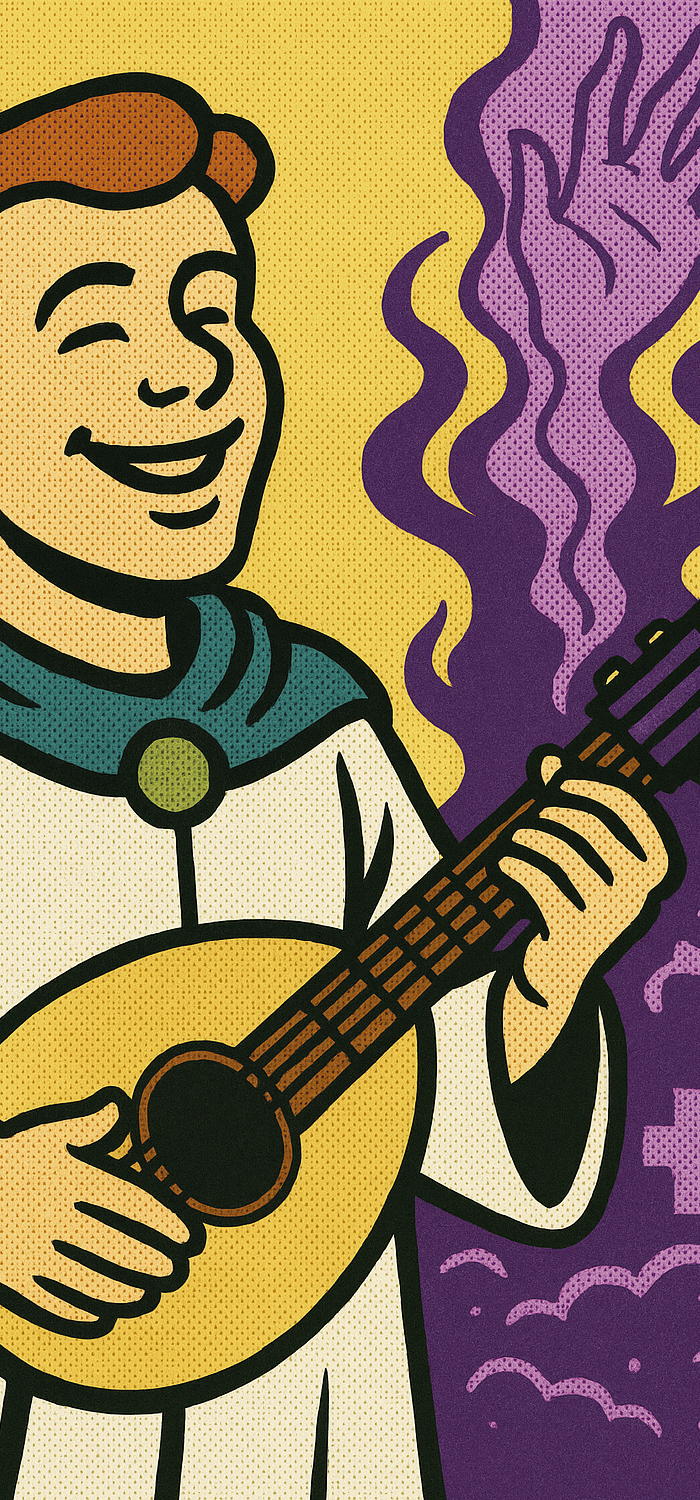
Musician(+)
Necromancy
Instrument Training: You gain proficiency with three Musical Instruments of your choice.
Encouraging Song: As you finish a Short or Long Rest, you can play a song on a Musical Instrument with which you have proficiency and give Heroic Inspiration to allies who hear the song. The number of allies you can affect in this way equals your Proficiency Bonus.
Song of the Last Breath: You learn the Spare the Dying cantrip and can cast it with a range of 60 feet. When a creature you can see who gained Heroic Inspiration from your Encouraging Song that day is reduced to 0 Hit Points, you can use your reaction to cast Spare the Dying on them. A creature can benefit from this feature only once per Long Rest.

Skilled(+)
Conjuration
You gain proficiency in any combination of three skills or tools of your choice.
Shared Expertise: You learn the Find Familiar spell. It does not count against the number of spells you can prepare, and you can cast it once per Long Rest without expending a spell slot. While you are using your familiar’s senses, your familiar can make ability checks using any of the skills or tools you gained from this feat. The familiar uses your ability score and proficiency bonus for the roll. Your familiar reflects your creative spirit, a summoned sketch of self, eager to learn with you.

Lucky (+)
Divination
Luck Points. You have a number of Luck Points equal to your Proficiency Bonus and can spend the points on the benefits below. You regain your expended Luck Points when you finish a Long Rest.
Advantage. When you roll a d20 for a D20 test, you can spend 1 Luck Point to give yourself Advantage on the roll.
Disadvantage. When a creature rolls a d20 for an attack roll against you, you can spend 1 Luck Point to impose Disadvantage on that roll.
Moment of Clarity: You learn the Guidance Cantrip. When spending a Luck Point, you may cast Guidance on yourself as a Reaction before any rolls are made.

Magic Initiate (+)
Illusion
Two Cantrips: You learn two cantrips of your choice from the Cleric, Druid or Wizard spell list Intelligence, Wisdom, or Charisma is your spellcasting ability for this feat’s spells (choose when you select this feat).
Phantasmal Level 1 Spell. Choose a level 1 spell from the same list you selected for this feat’s cantrips. You always have that spell prepared. You can cast it once without a spell slot, and you regain the ability to cast it in that way when you finish a Long Rest. You can also cast the spell using any spell slots you have. For you, this spell is an Illusion spell. It functions as normal, but its effects appear spectral or surreal.
Spell Change. Whenever you gain a new level finish a Long Rest, you can replace one of the spells you chose for this feat with a different spell of the same level from the chosen spell list.
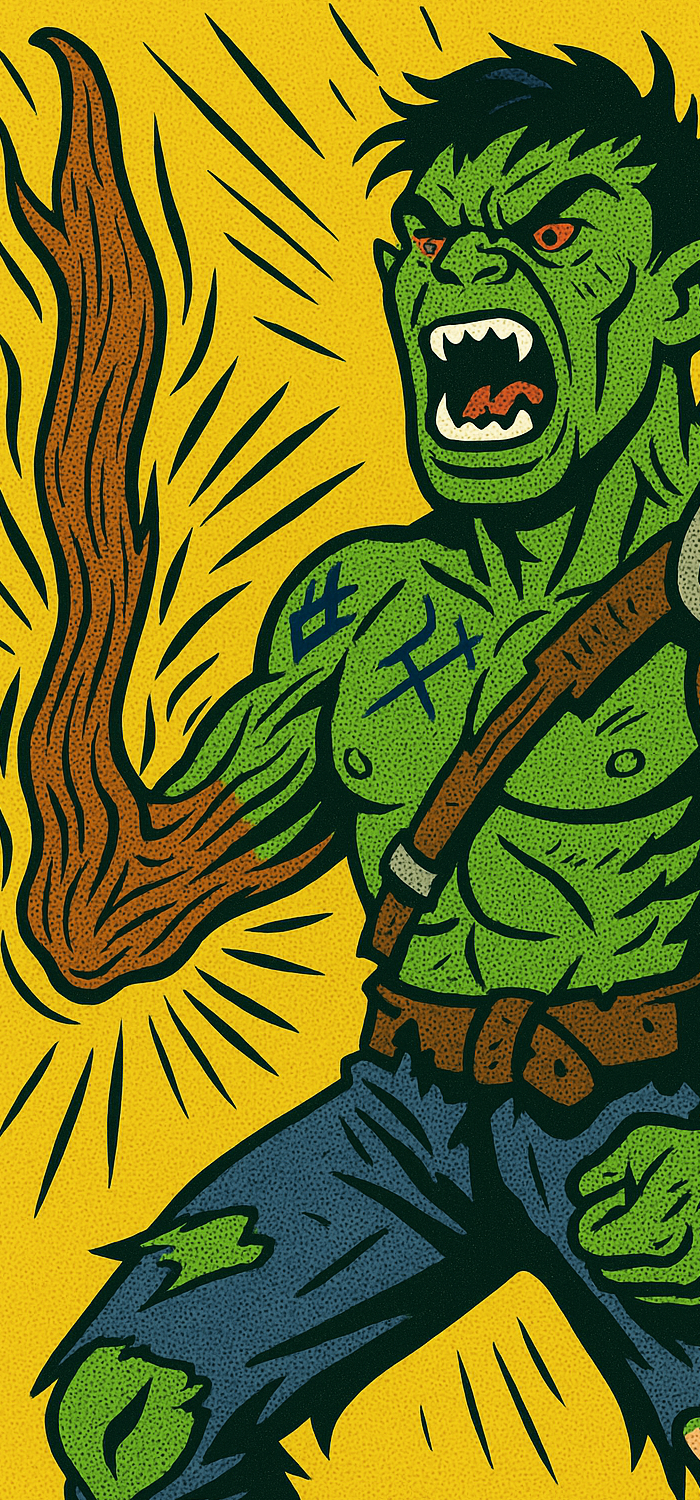
Savage Attacker (+)
Transmutation
Ferocity: Once per turn when you hit a target with a weapon, you can roll the weapon’s damage dice twice and use either roll against the target.
Integrate Weapon: You know the Shillelagh cantrip. When you cast it, the spell remains active until you finish a Long Rest or cast it again. The weapon you touch as a component for the spell partially merges with your body, shifting bone, sinew, or psychic architecture into a seamless combat interface. While the spell is active, you wield the weapon as a natural weapon and extension of yourself. Intelligence, Wisdom, or Charisma (your choice when you gain this feat) is your spellcasting ability for it. This cantrip does not count against your number known.
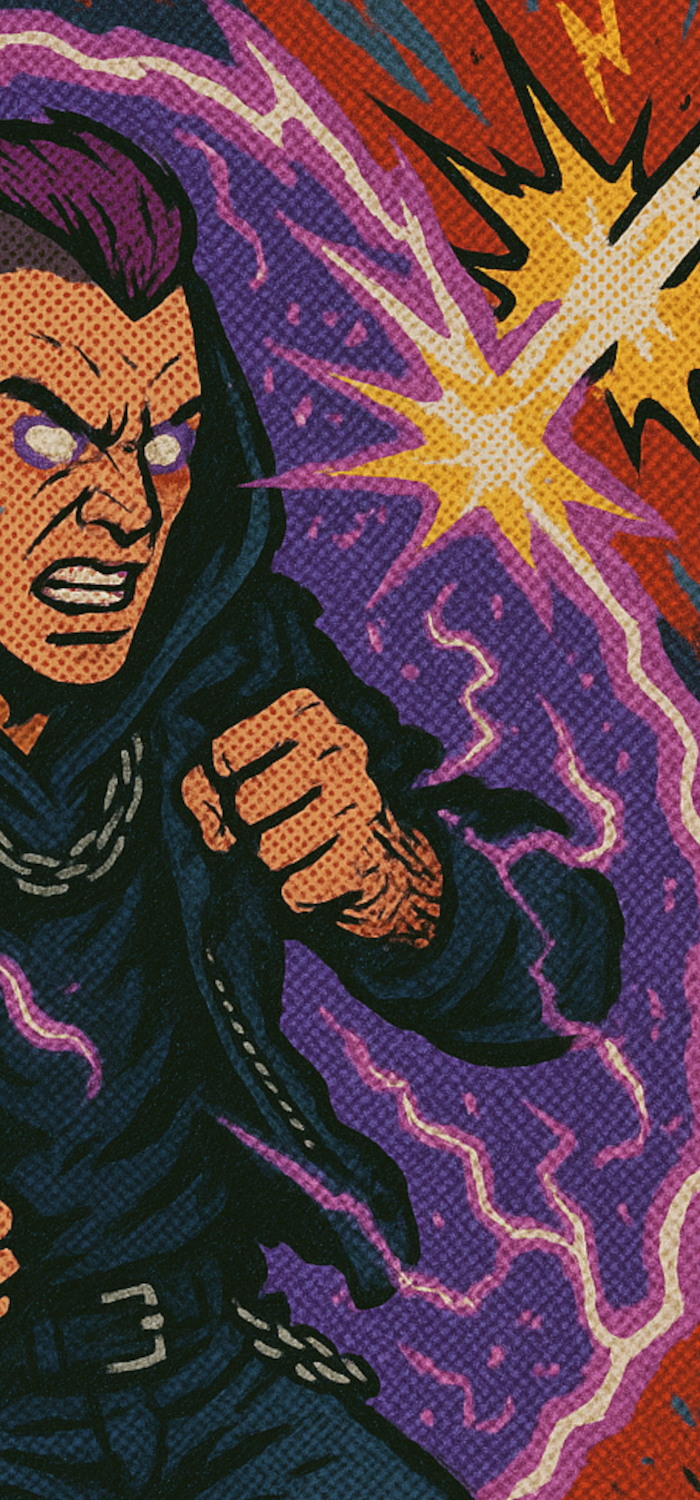
Tough (+)
Enchantment
Mind over Matter: At the end of each Long Rest, your mind automatically re-inscribes a persistent enchantment into your nervous system. For the next 24 hours, your Hit Point maximum is increased by an amount equal to twice your character level. This is not temporary HP; this is your body becoming more than itself through sheer neurological conditioning.
Emergency Override: You know the Heroism spell., it is always prepared. Once per day, when you take damage equal to or greater than twice your character level from a single source, the script ruptures and you may have it cast Heroism on you as a self-protective measure. This does not cost a spell slot or a reaction, but if used in combat, you cannot take an action on your next turn. The spell still requires concentration.
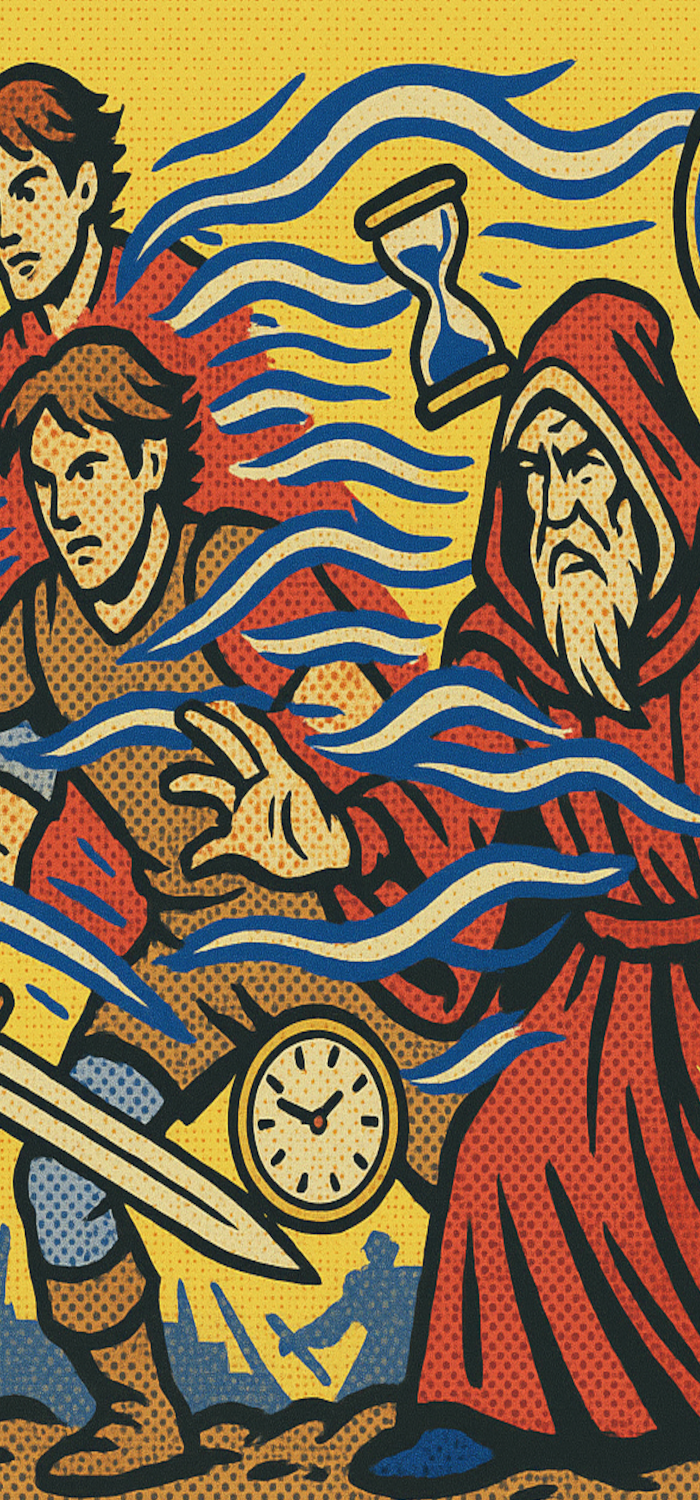
Alert (+)
Temporal
Initiative Proficiency.: When you roll Initiative, you can add your Proficiency Bonus to the roll.
Initiative Swap. Immediately after you roll Initiative, you can swap your Initiative with the Initiative of one willing ally in the same combat. You can’t make this swap if you or the ally has the Incapacitated condition.
Already Arrived: You know the CANTRIP spell. At the beginning of any round of combat you may Imitative Swap with a willing creature. If you take longer than 29 seconds to decide, the DM is strongly encouraged by the designer of this module to disallow the swap and this feature for the rest of combat. This is an experimental mechanic. So is time magic. Don’t be temporaly inefficient.
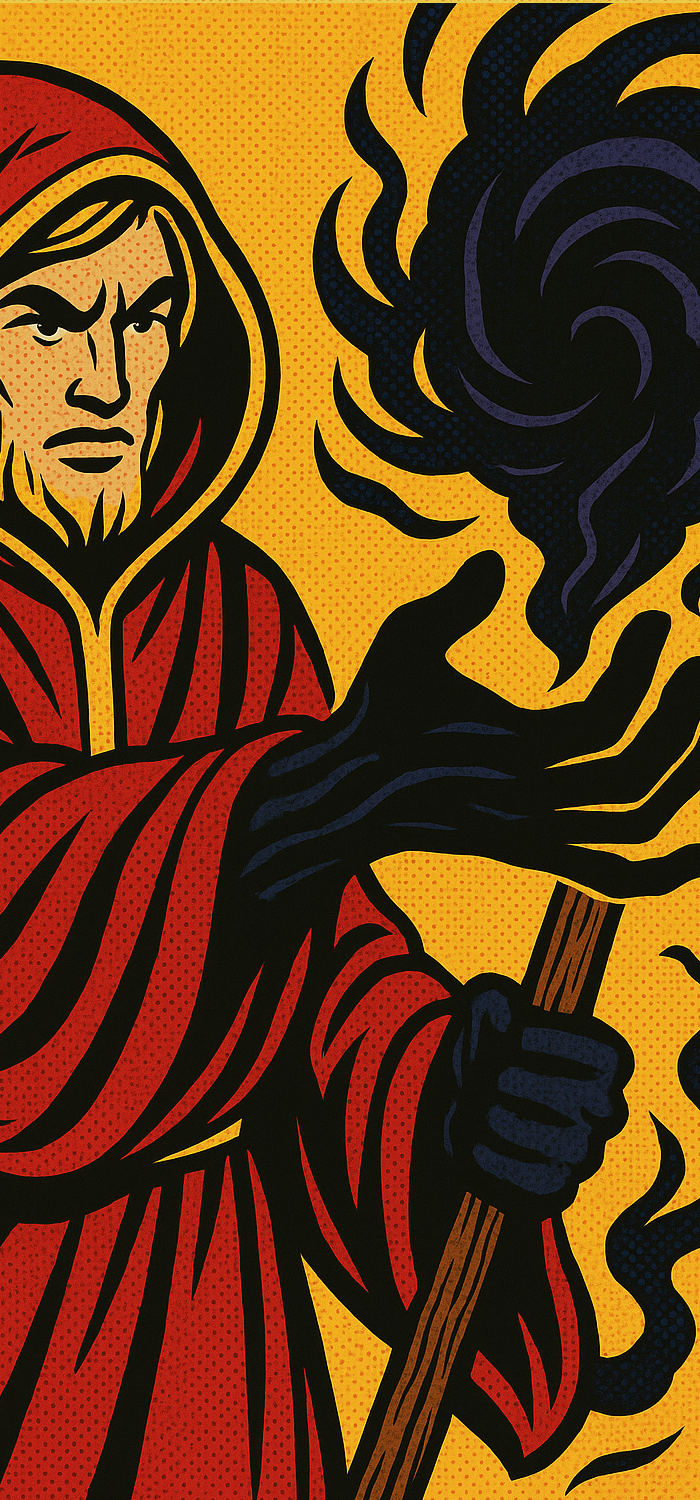
Magic Initiate (+)
Completion
Three Cantrips. You learn two cantrips of your choice from the Cleric, Druid, or Wizard spell list and one spell from the banned Completion school of Magic. Intelligence, Wisdom, or Charisma is your spellcasting ability for this feat’s spells (choose when you select this feat).
Level 1 Spell: Choose a level 1 spell from the same list you selected for this feat’s cantrips. You may also choose a spell from the Completion school of magic. You always have that spell prepared. You can cast it once without a spell slot, and you regain the ability to cast it in that way when you finish a Long Rest. You can also cast the spell using any spell slots you have.
No, you cannot see the Completion spells beforehand. No, they are not overpowered. No, you are not missing out (unless you are). Yes, as you gain levels, if you took this feat, you will have more access to Banned Spells then other players. Maybe.

Musician (+)
New Faith
Instrument Training: You gain proficiency with three Musical Instruments of your choice.
Encouraging Song. As you finish a Short or Long Rest, you can play a song on a Musical Instrument with which you have proficiency and give Heroic Inspiration to allies who hear the song. The number of allies you can affect in this way equals your Proficiency Bonus.
Living Hymn.
At the end of a Long Rest, choose one 1st-level spell from your spell list. That spell manifests as a divine familiar, a living hymn of the will and memory shared between all creatures, shaped like a spectral creature, icon, or spirit. This familiar follows all the rules of the Find Familiar spell, with the following exceptions:
Its creature type is Celestial, and it has Intelligence equal to 10 + your Proficiency Bonus.
You may dismiss the familiar at any time to immediately cast the spell it represents. This casting does not require a spell slot. The familiar then vanishes until your next Long Rest. If the spell requires an action, then this feature requires an action. The same is true for Bonus actions, Reactions and your concentration.
While the familiar is active, each creature who finishes a Short or Long Rest within 30 feet of it gains Heroic Inspiration. You may affect a number of creatures equal to your Proficiency Bonus this way per day.
If you do not know any spells, the familiar instead embodies the Cure Light Wounds spell.
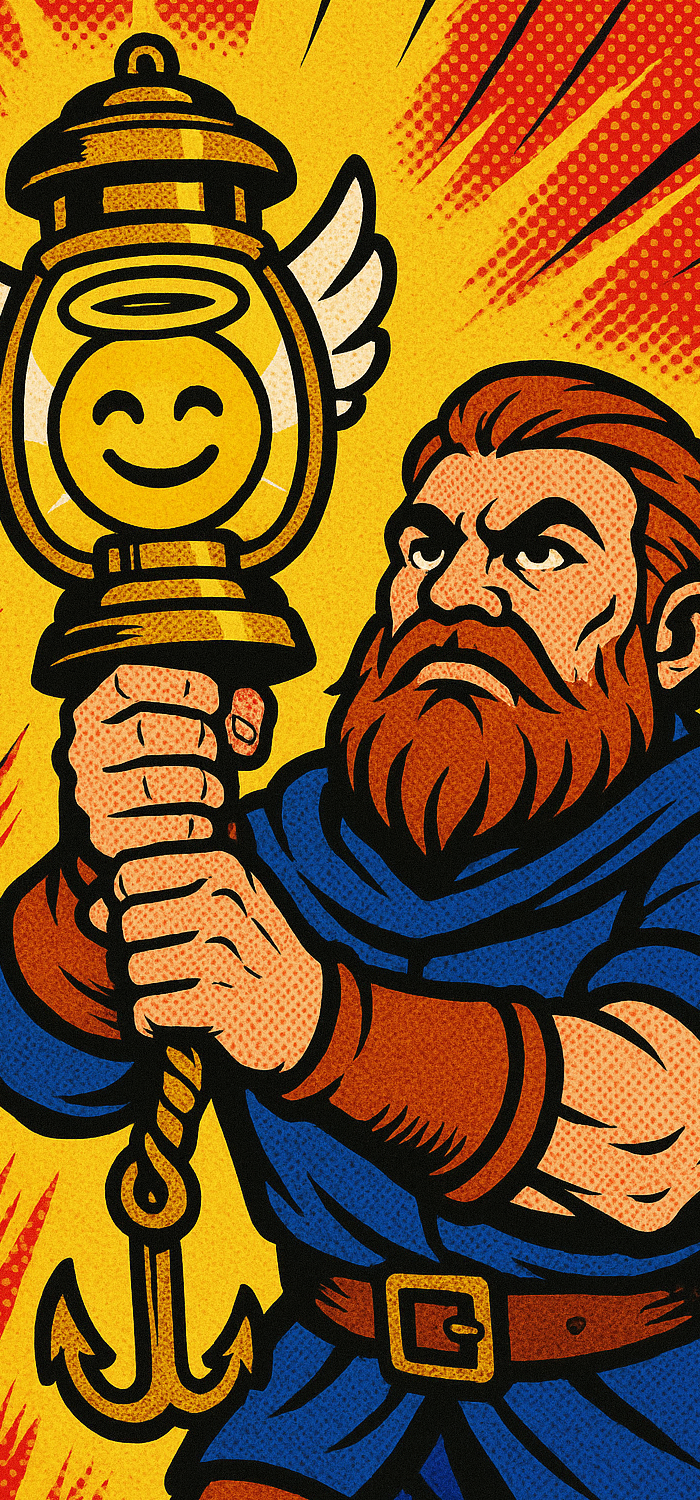
Crafter (+)
New Faith
Faithwright Companion
Divine copilot. You are accompanied by a semi-sentient fragment of divine reasoning, which takes the form of a small floating construct, spectral assistant, or glowing symbol. It grants you proficiency in three different Artisan’s Tools of your choice from the Fast Crafting table. While present, it can assist you in crafting, and you may use its proficiencies in place of your own. In this form it has no other functions (which it will remind you if you ask it do things).
Miraculous Fabrication: When you finish a Long Rest, you may direct your co-pilot to manifest itself into one piece of nonmagical gear from the Fast Crafting table. That object functions normally and lasts until your next Long Rest, at which point it reverts into your co-pilot form.
Spell Embodiment. Choose a level 1 spell from the Cleric spell list. You always have that spell prepared. Your copilot embodies this spell. Once per Long Rest, while your copilot is within sight, you can cast the embodied spell without expending a spell slot or requiring material components. When cast this way, the spell originates from the copilot, and its range is measured from the copilot’s location. Casting the spell does not consume or alter the copilot’s current form.
—- needs fast crafting tool
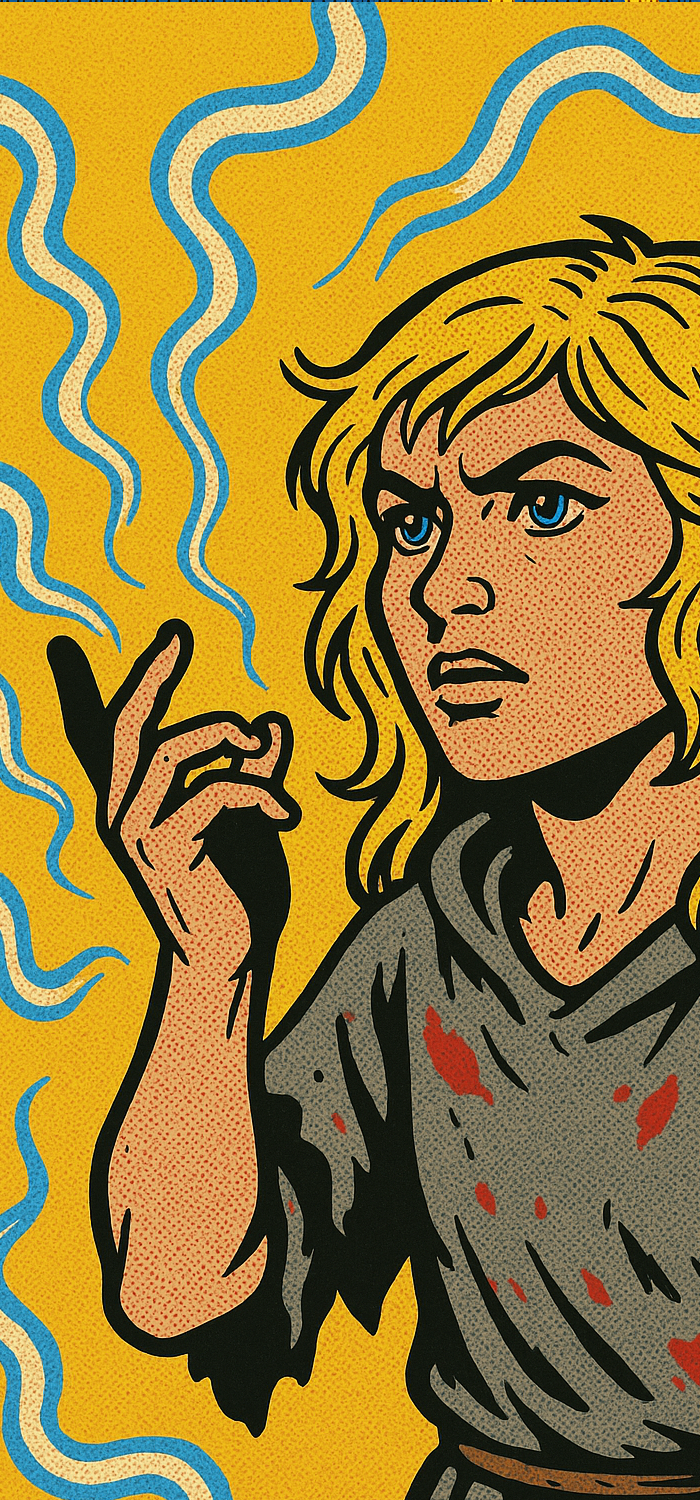
Tough (+)
Ground Dwellers
Tough: Your Hit Point maximum increases by an amount equal to twice your character level when you gain this feat. Whenever you gain a character level thereafter, your Hit Point maximum increases by an additional 2 Hit Points.
Leyline Imprint: Choose one school of magic when you take this feat. You are permanently attuned to the magical frequency of this school. You can perceive active spells or effects of your chosen school within 30 feet, as if under the effects of Detect Magic, but only for that school. This perception manifests uniquely, shimmering air, glowing scars, static sounds and eyes that never stop glowing.
Spellwarmth: When you spend a hit die within 30 feet of an active spell or effect from your chosen school to regain HP (such as for a Short Ret) you may add the level of that spell to each Hit Die you spend to regain HP. The spell must be present and perceivable via your Leyline Imprint. This bonus stacks with other effects (such as Song of Rest).
Leylit Eyes: Your eyes glow faintly at all times, reflecting the sigils and hues of your chosen school. This effect cannot be suppressed but may be obscured.
At the DM’s discretion, your glow may:
Impose disadvantage on Stealth or Deception checks in certain contexts. (lol @you)
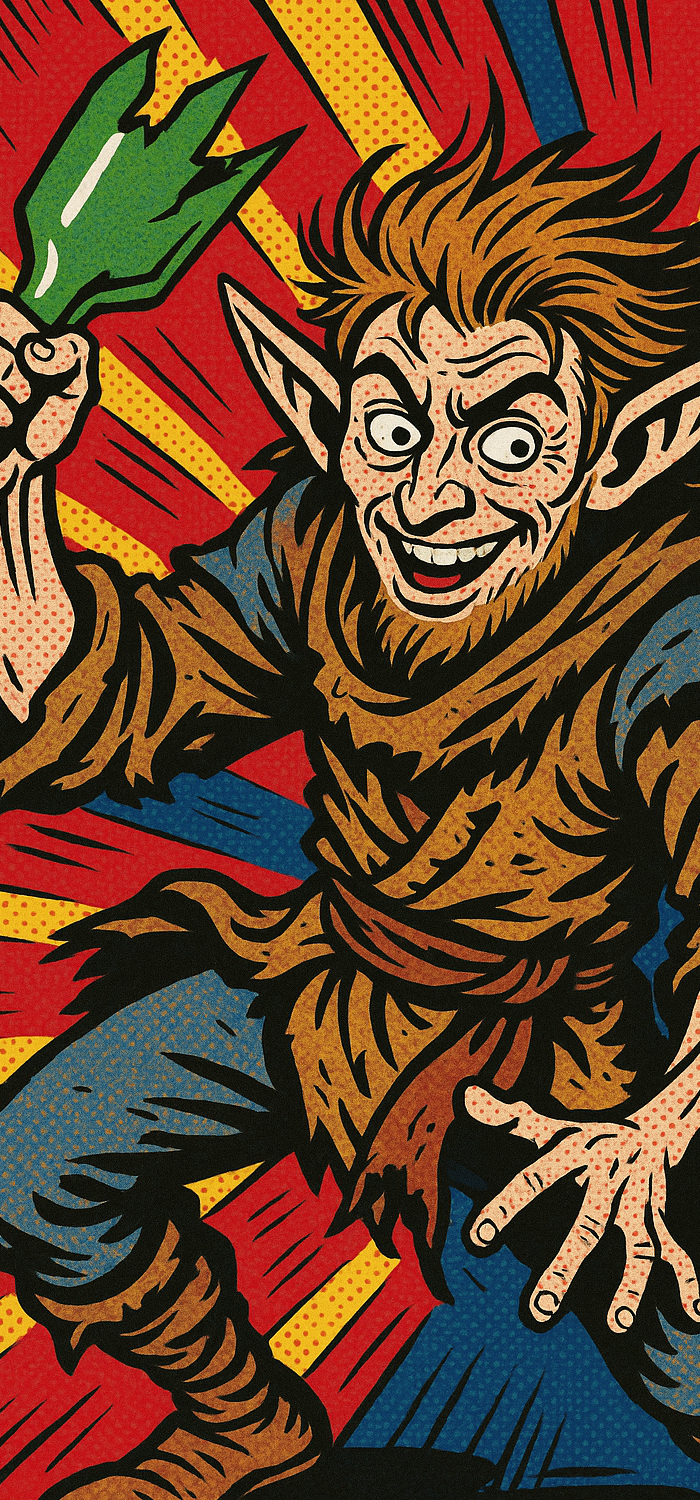
Tavern Brawler (+)
Pinburners
Enhanced Unarmed Strike: When you hit with your Unarmed Strike and deal damage, you can deal Bludgeoning damage equal to 1d4 plus your Strength modifier instead of the normal damage of an Unarmed Strike.
Damage Rerolls: Whenever you roll a damage die for your Unarmed Strike, you can reroll the die if it rolls a 1, and you must use the new roll.
Improvised Weaponry. You have proficiency with improvised weapons.
Push. When you hit a creature with an Unarmed Strike as part of the Attack action on your turn, you can deal damage to the target and also push it 5 feet away from you. You can use this benefit only once per turn.
Reject the System: When a creature within 5 feet of you casts a spell, you may use your reaction to make an unarmed strike or attack with an improvised weapon against them. This attack occurs immediately after the spell is cast. If the attack hits, that creature has disadvantage on Constitution saving throws to maintain Concentration until the start of your next turn.
If the spell causes the caster to move, teleport, or displace you as part of its effect, you may still make the reaction attack as though you were adjacent to the caster at the moment of casting.